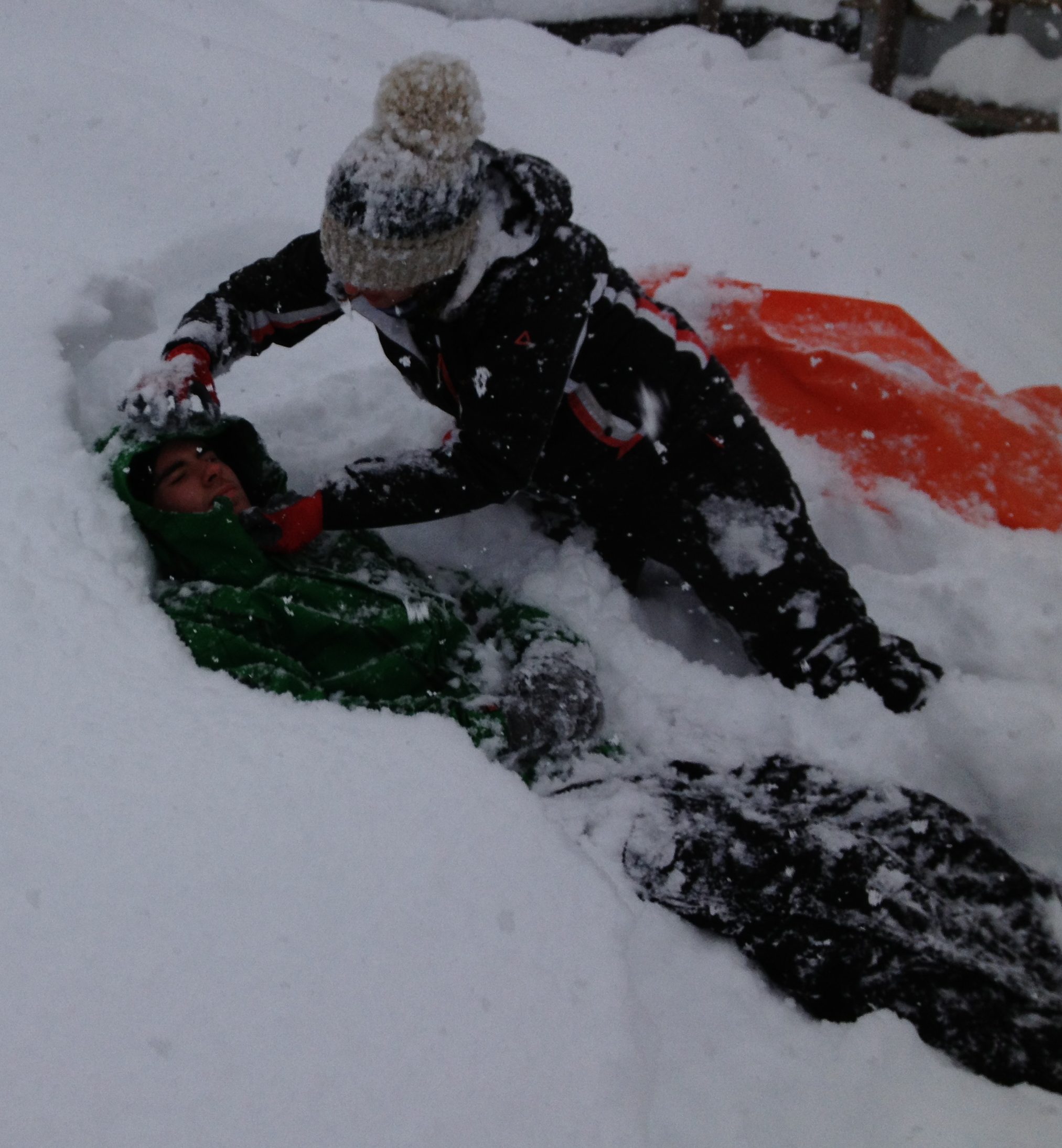Outdoor First Aid Training for Joint Service Adventurous Activity Instructors in Bavaria
The Joint Service Adventurous Training scheme is a cornerstone of building resilience, leadership, and teamwork within the British Armed Forces. At the heart of this programme are the instructors who lead activities like mountaineering and skiing, pushing participants to develop their skills in challenging environments. Recognising the need for robust first aid training to support these activities, I recently travelled to Bavaria to deliver a specialised outdoor first aid course for the Joint Service Adventurous Activity instructors at their base.
Bavaria, with its majestic Alps and snow-covered slopes, provides the perfect setting for adventurous training, but it also presents unique risks. Mountain weather can change rapidly, terrain is often remote and rugged, and cold conditions heighten the severity of injuries. The focus of this course was to equip instructors with the confidence and skills to handle emergencies in these demanding environments, where professional medical assistance may be hours away.

For the mountaineering instructors, the training covered injuries common in alpine environments, such as fractures, dislocations, and head trauma from falls. Participants practiced stabilising casualties on steep terrain, using splints, and immobilising the cervical spine for suspected spinal injuries. We also explored techniques for improvising stretchers and evacuating injured individuals over rocky and snowy terrain. Given the potential for long waits before professional help arrives, we emphasised managing casualties in harsh conditions, including protecting them from cold exposure and maintaining morale during prolonged rescues.
The skiing-focused component addressed both on-piste and off-piste emergencies. Collisions, falls, and equipment-related injuries were central to the training, with scenarios including managing knee and leg injuries, wrist fractures, and concussions. Instructors also practiced recognising and managing hypothermia and frostbite, two common risks when working in freezing temperatures. Avalanche preparedness was another key topic, including recognising the warning signs, performing quick rescues, and managing casualties found in cold and oxygen-deprived conditions.
As in all outdoor settings, effective CPR is a vital skill. The training included scenarios involving cardiac arrests, where participants practiced high-quality compressions and the use of automated external defibrillators (AEDs). For hypothermic casualties, we discussed the importance of modified CPR techniques and the unique challenges of resuscitation in cold environments.
What set this training apart was the focus on realistic, scenario-based learning. Using the breathtaking Bavarian Alps as the classroom, we recreated the conditions Joint Service instructors face daily. Scenarios included managing injuries during rope-assisted ascents, stabilising casualties on icy slopes, and coordinating evacuations when weather conditions turn hostile. This hands-on approach ensured participants not only understood the theory but could apply it effectively in real-world situations.
The instructors also learned to manage medical emergencies that may arise from pre-existing conditions, such as asthma or heart conditions, which can be exacerbated by high-altitude exertion or cold weather. Communication was another critical element, with participants practicing how to relay clear and concise information to professional rescue teams to ensure seamless handovers.
Working with the Joint Service Adventurous Activity instructors in Bavaria was an inspiring experience. Their dedication to ensuring the safety of service personnel participating in adventurous training was evident throughout the course. By the end of the training, these skilled instructors were better prepared to respond to emergencies, making their already exceptional training programmes even safer and more effective.
This collaboration highlights the importance of specialised first aid training for those operating in extreme and remote environments. Whether leading a mountaineering expedition or teaching skiing techniques on snow-covered slopes, having the knowledge and skills to respond to injuries and emergencies is critical. It was a privilege to work alongside such committed professionals, and I look forward to future opportunities to support their vital work.
To book a course contact us via email in the first instance. Cory Jones our Director is lead trainer for a range of organisations including First Aid Training Co-operative, Kingfisher Journeys and Adventure First Aid in Kenya.









